Subscribe to our newsletter!
Wondering how long you'll be sitting in the dentist's chair during your next cleaning appointment? It's a common question with a not-so-straightforward answer. The truth is, the duration of a dental cleaning varies from a swift 30-minute routine check-up to an hour-long deep clean, depending on your oral health needs.
If you're due for a deep cleaning, brace yourself for a thorough process. Your dentist will meticulously work through each quadrant of your mouth, which could mean a couple of appointments. And if you're sporting braces, expect to tack on some extra time to navigate around those wires and brackets.
Regular dental cleaning appointments are a cornerstone of oral health, designed to maintain your teeth and gums in peak condition. Detecting issues early is a key advantage of these visits. During a routine check-up, dentists can identify problems such as cavities or gum disease at a stage when they're often simpler and less expensive to treat.
Here's why these appointments are crucial:
It's recommended that you visit a dentist at least twice a year. The Canadian Dental Association underscores the importance of a professional cleaning every six months to thwart the development of gum disease and tooth decay.
When you're booked for a dentist cleaning appointment, knowing exactly what procedures you'll undergo can help manage any nerves and ensure you're prepared. Each step is designed to maximize your oral health and safeguard against future issues.
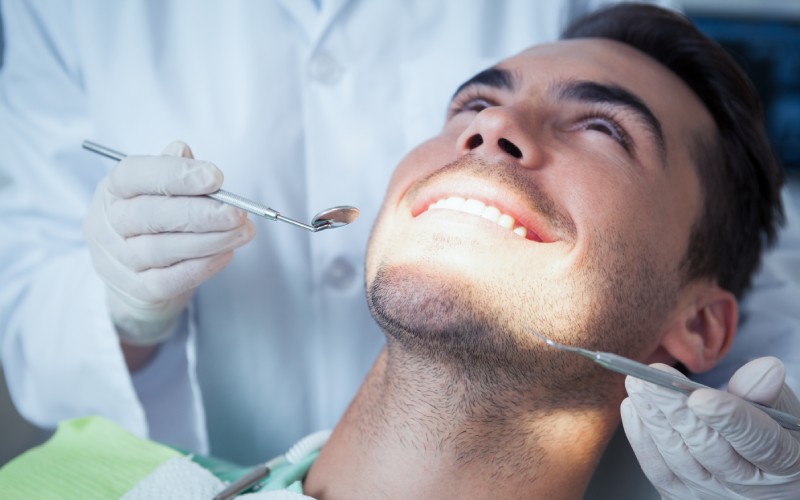
Prior to any cleaning process, your dental hygienist will conduct a comprehensive examination of your mouth using a small mirror. This allows them to assess the overall health of your teeth and gums and identify any potential problems such as:
The exam's duration is dictated by your oral landscape. An absence of any issues will likely result in a swift check-up, while more complex cases may require more time.
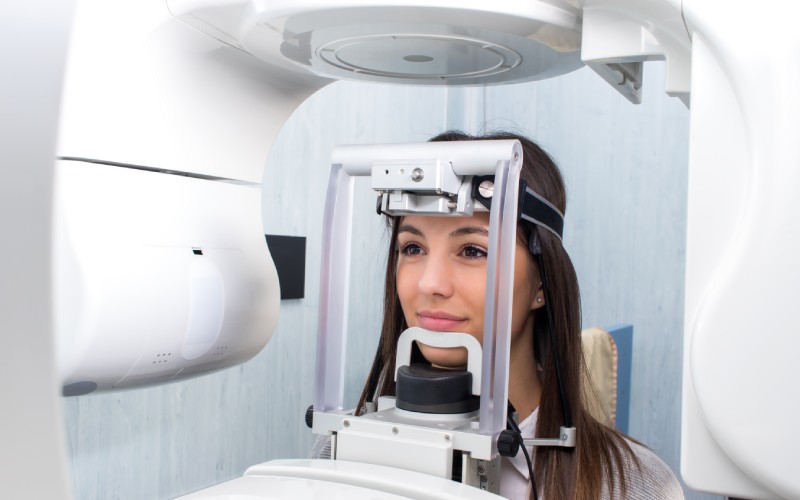
Dental X-rays are crucial diagnostics tools that your dentist may employ. Depending on your oral health history, X-rays might be taken to:
The frequency of X-rays is tailored to your specific needs, with some patients requiring them every six months and others every few years.
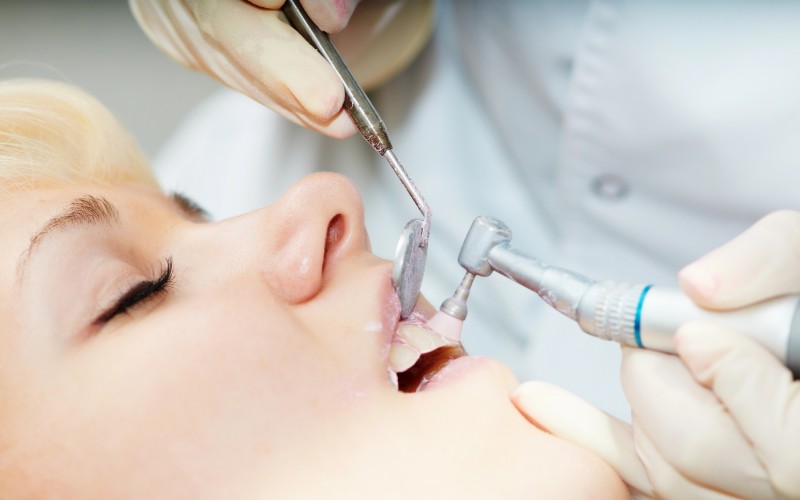
Dental scaling and polishing are vital for removing plaque and tartar that regular brushing can’t tackle, especially in hard-to-reach areas. During this step:
The time taken in this step varies, largely depending on the plaque's extent and tartar buildup.
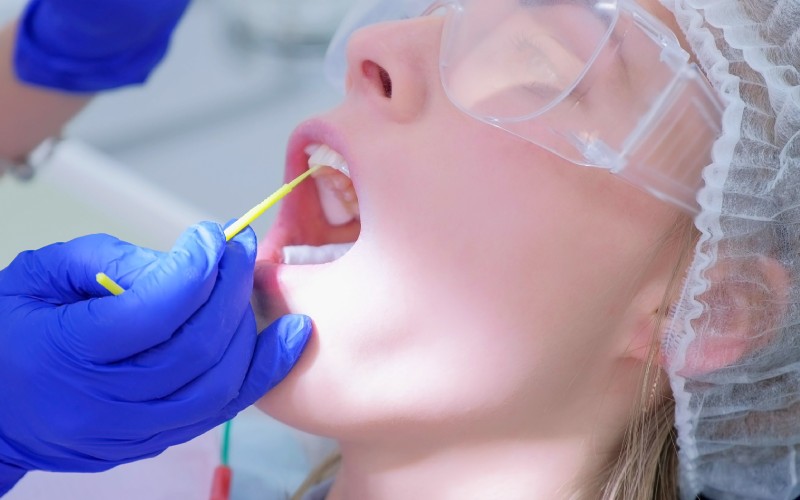
Fluoride treatments are typically the final step in the cleaning process, especially beneficial for:
These treatments are just as valuable for adults as they are for children and take only a few minutes to apply. Dental professionals may also suggest additional preventive measures such as dental sealants to shield the grooves of your back teeth from decay.
Several factors influence how long your dentist cleaning appointments will last.
Regular dental cleanings play a pivotal role in maintaining your oral health. By visiting your dentist every six months, you're taking a proactive step against the accumulation of plaque and tartar, which are the primary culprits behind cavities, gum disease, and tooth decay.
Remember, prioritizing your oral health with regular dental cleanings is a smart move for your overall well-being. These sessions are more than just a polish for your pearly whites; they're a crucial defense against health issues that can extend beyond your mouth. By staying informed about the duration of these appointments, you'll be better prepared to fit them into your busy schedule. Keep up with your dental hygiene routine, and don't hesitate to reach out to your Wonsch Dental for any advice or concerns. Your smile—and your health—will thank you for it.
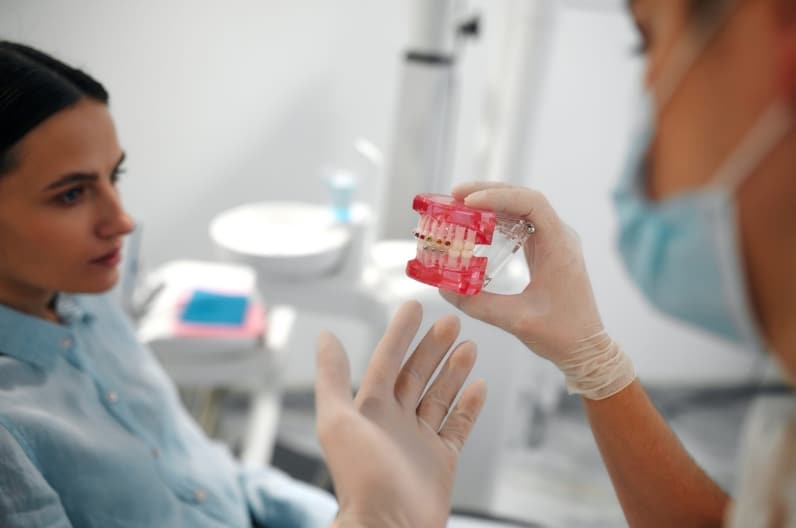
Subscribe to our newsletter!